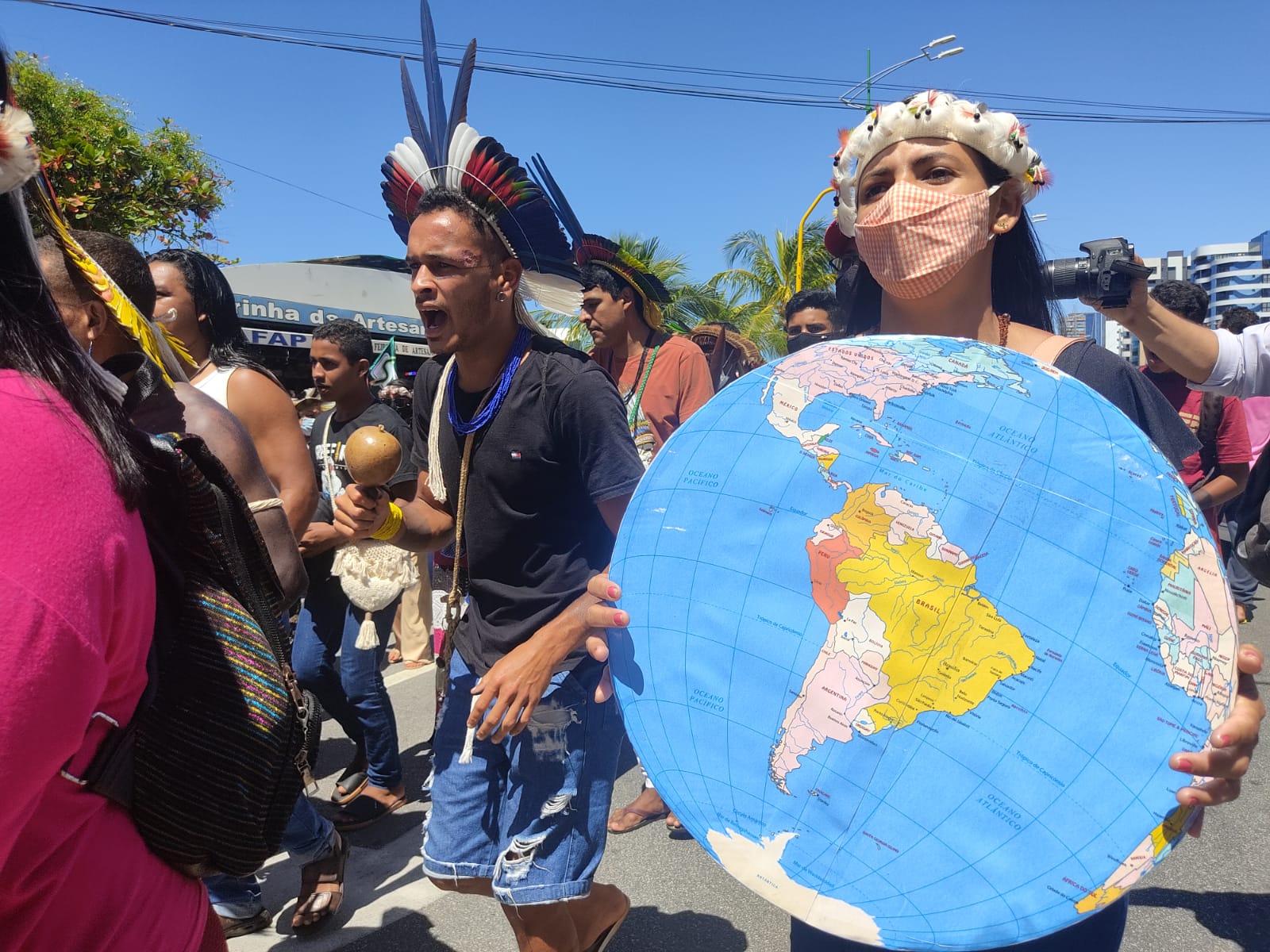Climate Crisis: A System on the Brink

The world is facing an environmental collapse. While climate change dominates global discussions, concrete and effective actions remain scarce. Studies reveal that humanity is consuming 70% more resources than the planet can regenerate annually.This is due to the excessive appropriation of nature, turning it into a commodity, alongside the massive production of waste from mining, industry, and agriculture. This results in unequal geographies of profits and waste, creating contradictions and conflicts.
The multilateral agreements made by organizations and nations have proven ineffective in addressing climate change. One alarming example is the report by Oxfam, which shows that in the first 10 days of 2025, the richest 1% of the global population had already consumed their CO2 emission quota for the year, as established by the Paris Agreement. Meanwhile, the poorest half would take over three years to reach the same emissions level.
The challenges in responding to climate and environmental issues are linked to power dynamics within states and institutions, exposing the close relationship between environmental issues and politics. The solutions proposed so far are based on capitalist market perspectives, with “romantic” measures that aim to reconcile interests rather than challenging the unsustainable nature of capitalism. The market-based solutions, like the carbon credit market, essentially serve as a “license to pollute,” allowing industrialized countries and corporations to continue profiting and generating waste beyond agreed limits.
Energy transition projects, like hydroelectric plants and wind and solar power, have also failed due to lack of public consultation, exacerbating conflicts and failing to provide fair electricity distribution.
The nature of capitalism is incompatible with sustainability. It thrives on the commodification of nature, labor, and resources, and depends on infinite economic growth—leading to environmental degradation and crises that affect the global political landscape. Ideologies denying climate change are gaining traction, making dialogue and consensus even more difficult.
The Paris Agreement, along with other COP resolutions, are important but limited, as the decision-makers’ primary goal is to preserve the current production system. The most vulnerable populations bear the brunt of these inequalities, as seen in the floods in Rio Grande do Sul in 2023-2024, where over 200 people died, and thousands lost their homes, livelihoods, and families.
As Marques (2023) highlights, we are in a historical period where the imbalance between the present and the burden of the past reduces future choices, making the degradation of the biosphere irreversible. Climate change and extreme weather events will continue to intensify.
Given this situation, it is urgent to combine short-term actions, such as advocating for sustainable policies and fulfilling climate agreements, with long-term solutions that acknowledge capitalism’s incompatibility with life. We must dream, fight, and build a society beyond capitalism, based on new social relationships and an alternative energy matrix.
We have much to learn from peasant, indigenous, quilombola, and riverside movements. Recognizing the ancestral knowledge of these communities, often denied by the mainstream, offers the best chance to mitigate the climate crisis. Despite attacks, standing forests, agroecology, and artisanal fishing remain powerful examples of resistance and effective action.
This article is an adapted version for the web of the original piece published by Gerson Antonio Barbosa Borges, a member of the Movimento dos Pequenos Agricultores (MPA) – Via Campesina Brasil and a Ph.D. candidate in Geography at the Universidade Estadual Paulista (Unesp), Presidente Prudente campus; Aline Albuquerque Jorge, who holds a Ph.D. in Geography from the Universidade Estadual Paulista (Unesp), Presidente Prudente campus; and Bruna Gonçalves Costa, a Ph.D. candidate in Geography at the Universidade de Brasília (UnB).
This post is also available in Français.
